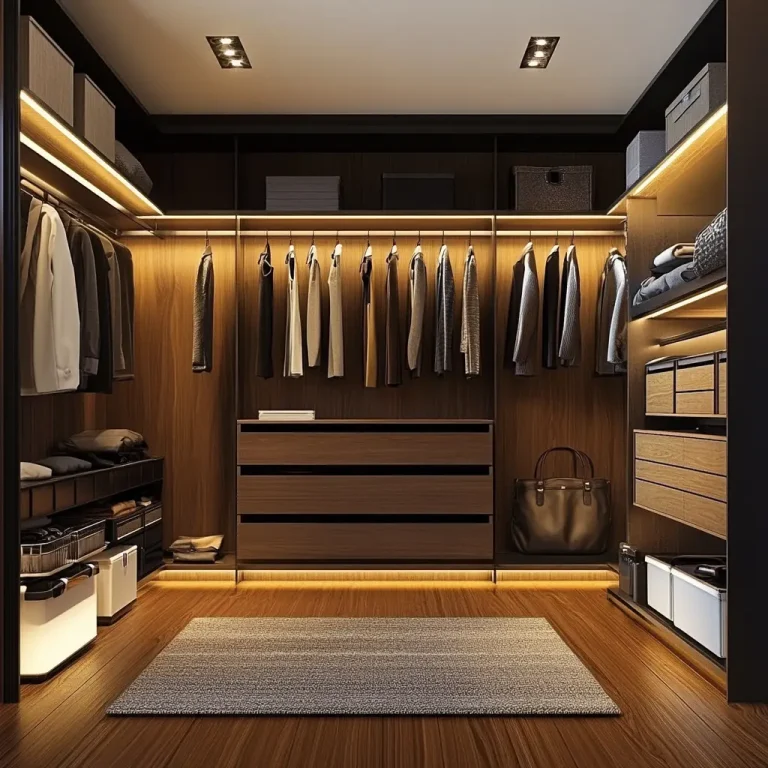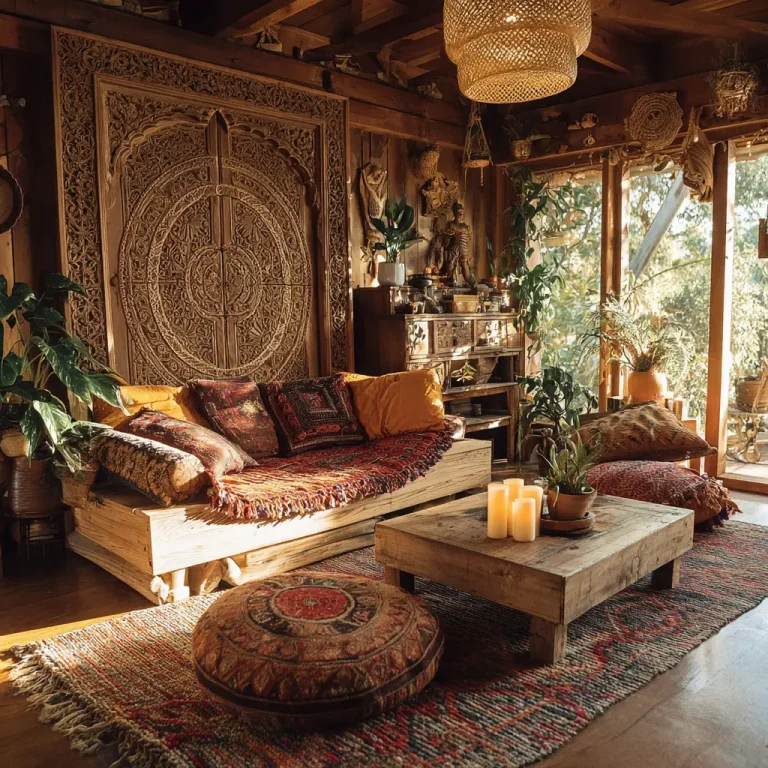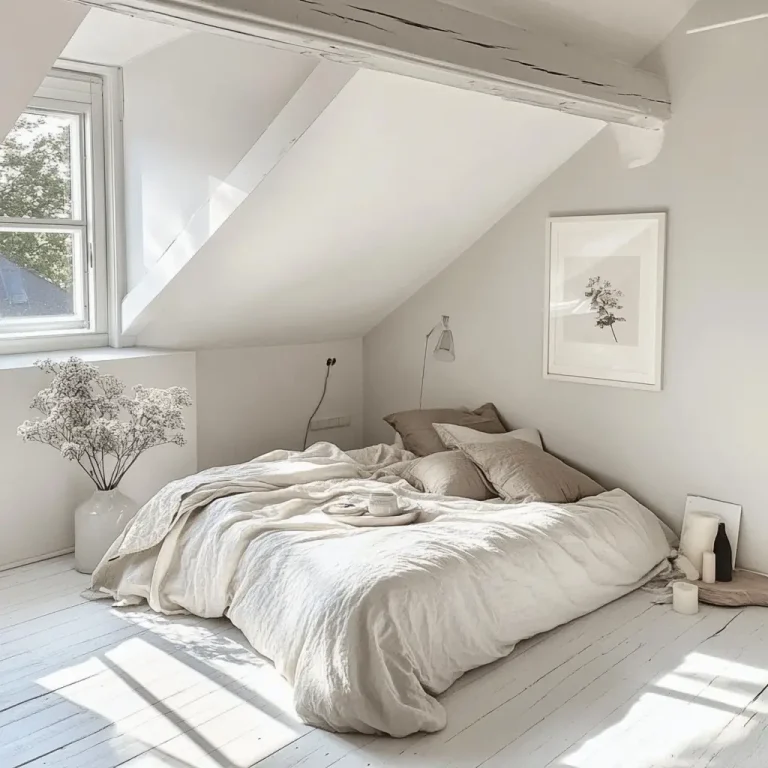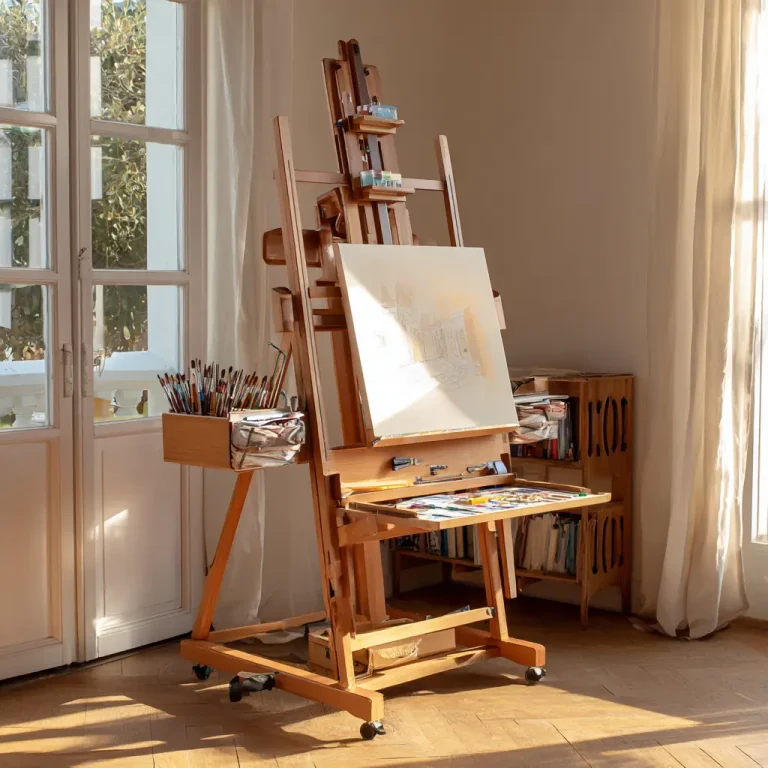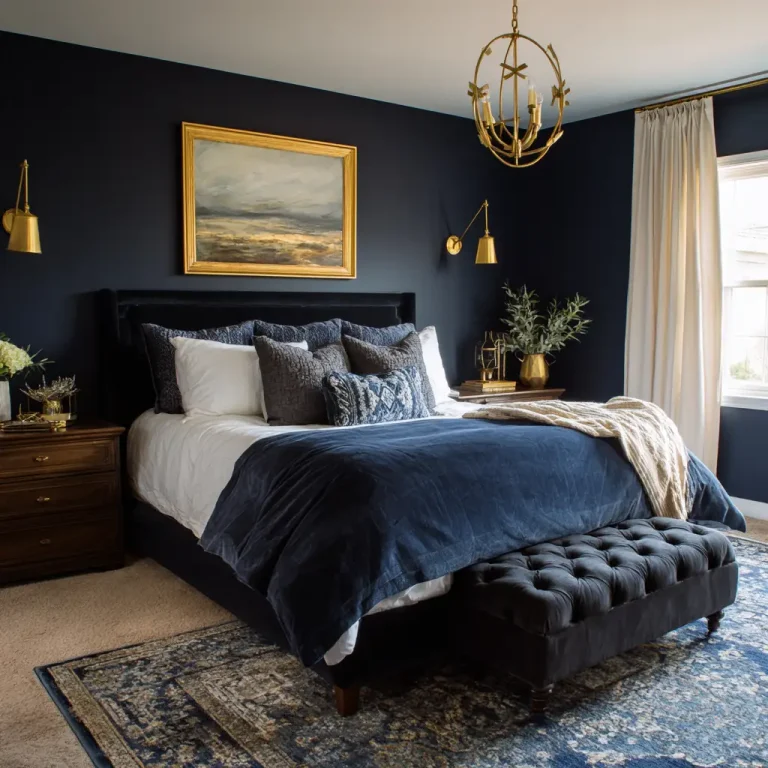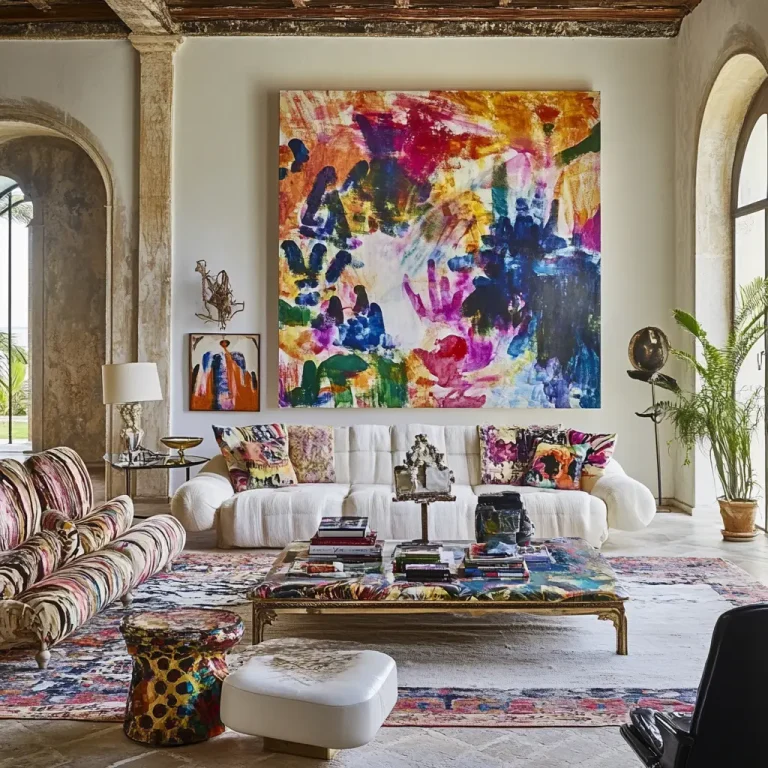25 Room Ideas for Small Rooms
When you’re working with a small room, decorating it can feel like a puzzle—trying to fit your style, needs, and functionality into limited square footage. But the truth is, small spaces offer unique opportunities to get creative. With the right techniques, even the tiniest room can feel open, cozy, and perfectly put together. Here are 25 well-thought-out ideas to make your small room feel bigger, smarter, and more beautiful.
1. Use Light Colors to Open Up the Space
Soft shades like white, light beige, powder blue, or pale grey help create a bright, expansive feel. These colors reflect more light and make walls seem farther apart. Pair light walls with similar-toned furniture for a serene, cohesive look.
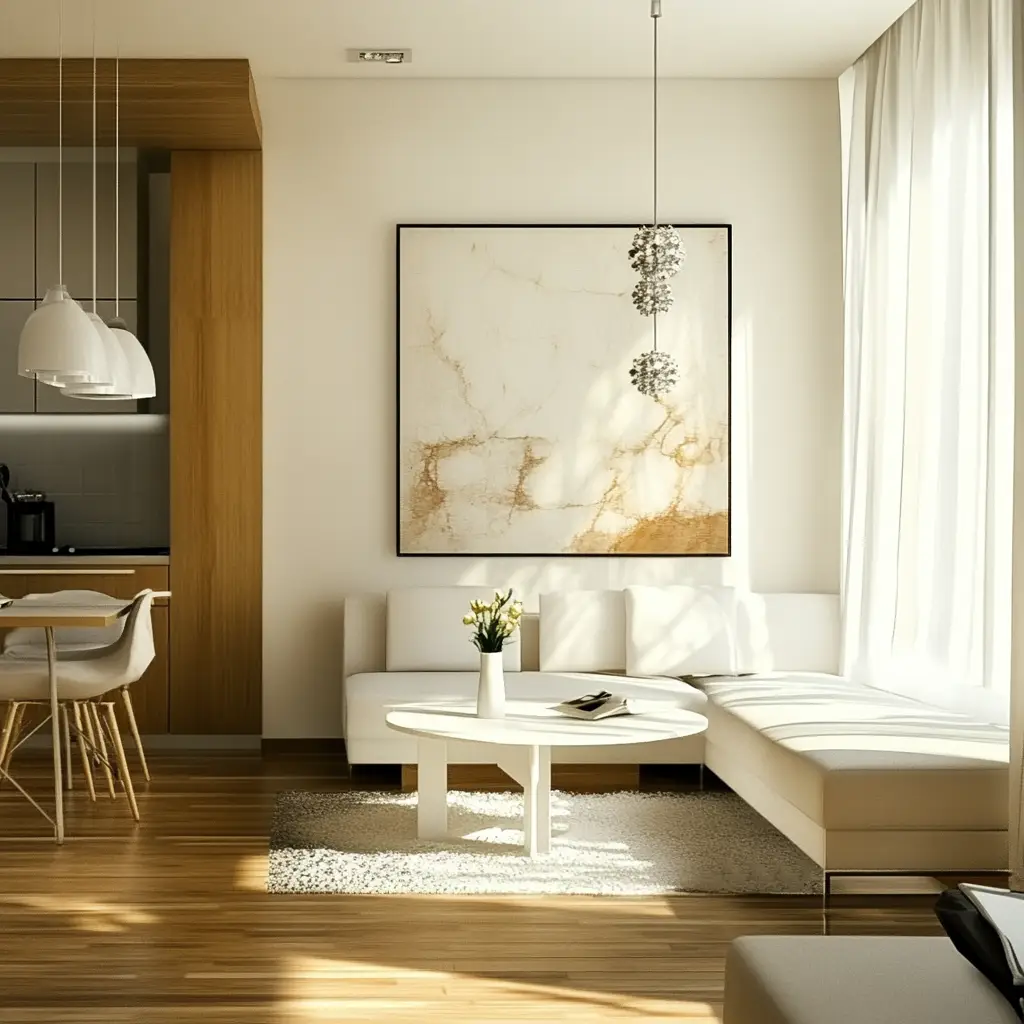
2. Incorporate Multi-Functional Furniture
In small rooms, every item should earn its keep. Choose pieces that serve more than one function—like a daybed that works as both seating and a bed, or a bench with built-in storage. This reduces clutter while increasing practicality.
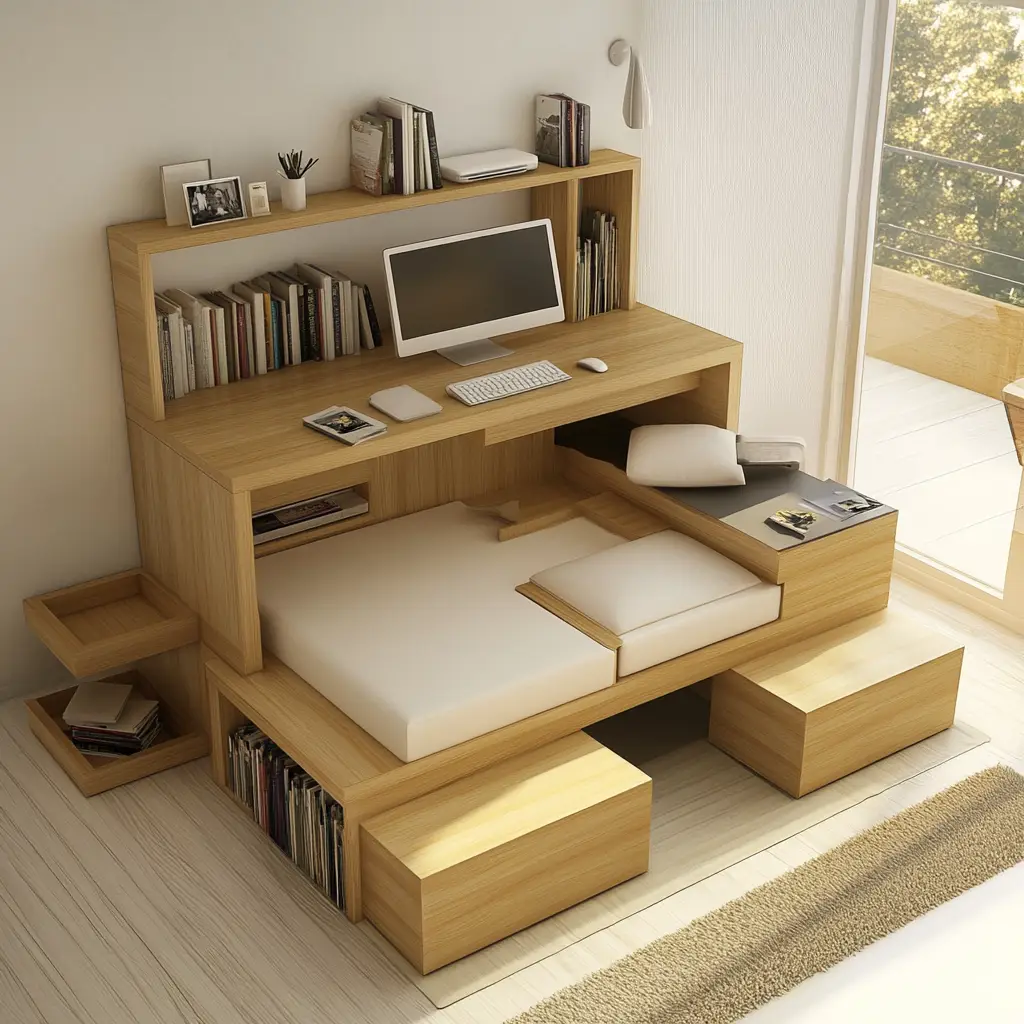
3. Choose Mirrors for Visual Expansion
Mirrors aren’t just for checking your reflection—they’re a tried-and-true trick for making a room look double its size. Hang a large mirror across from a window or use a mirrored wardrobe to bounce light and create depth.
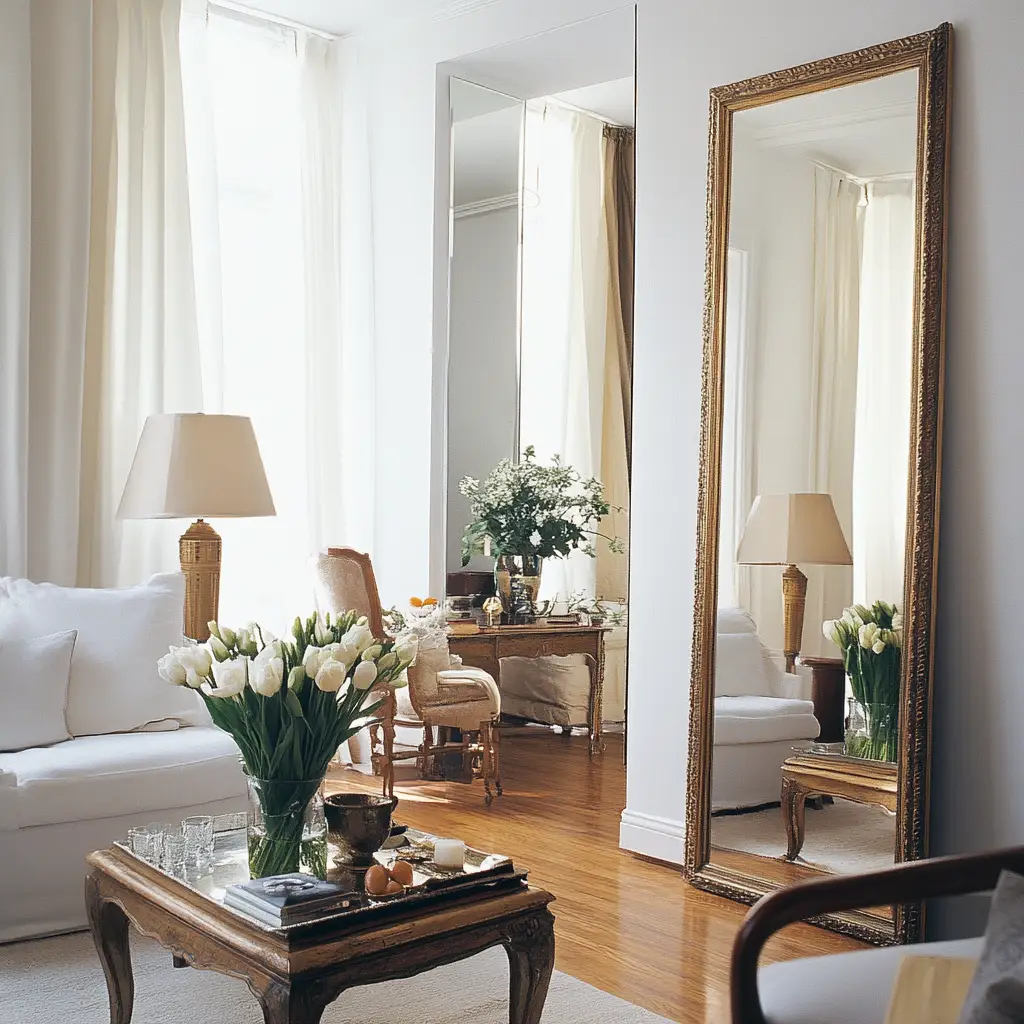
4. Maximize Vertical Space
When floor space is limited, think upward. Install tall shelves, hang storage units above desks, or use hanging planters. Even mounting your TV on the wall can free up valuable surface area below.
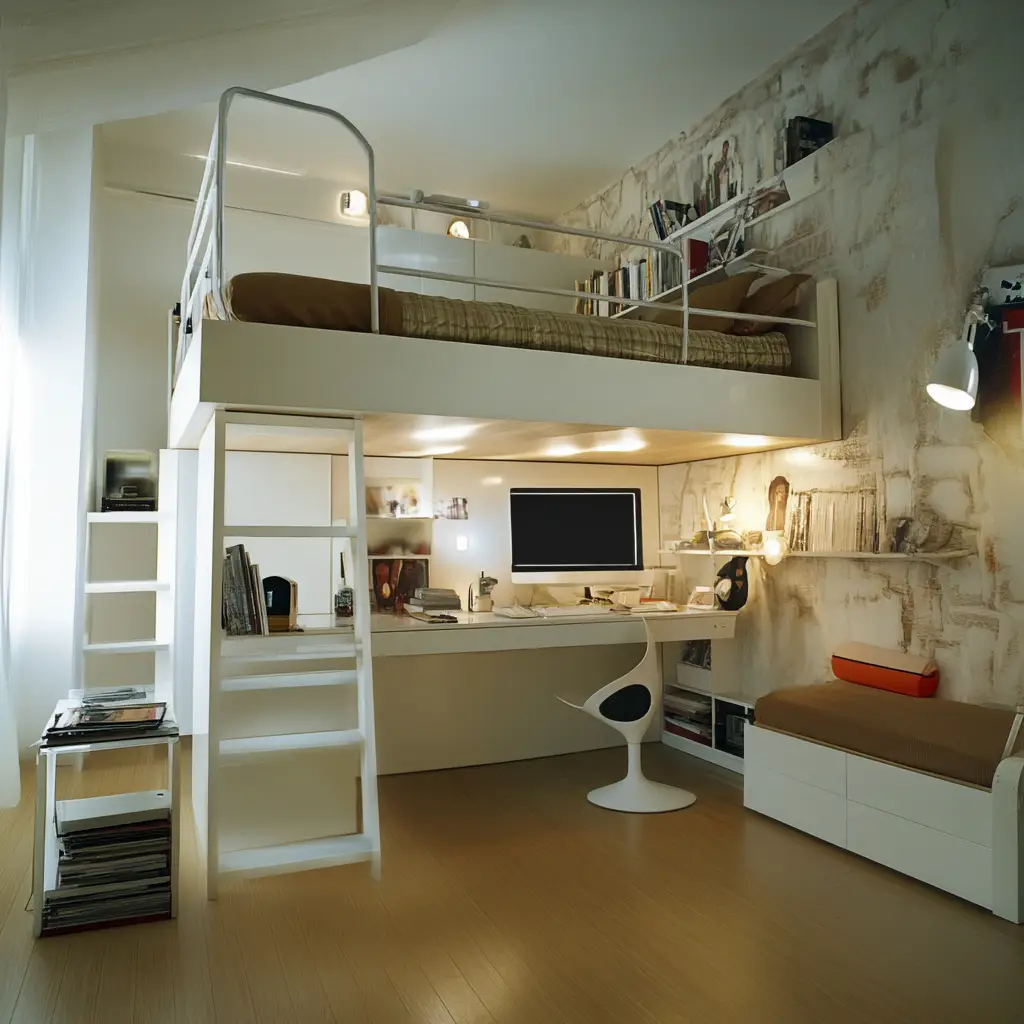
5. Floating Furniture Saves Floor Space
Floating desks, vanities, and nightstands look modern and keep the floor clear. This simple change creates more visual space and makes cleaning easier, too.
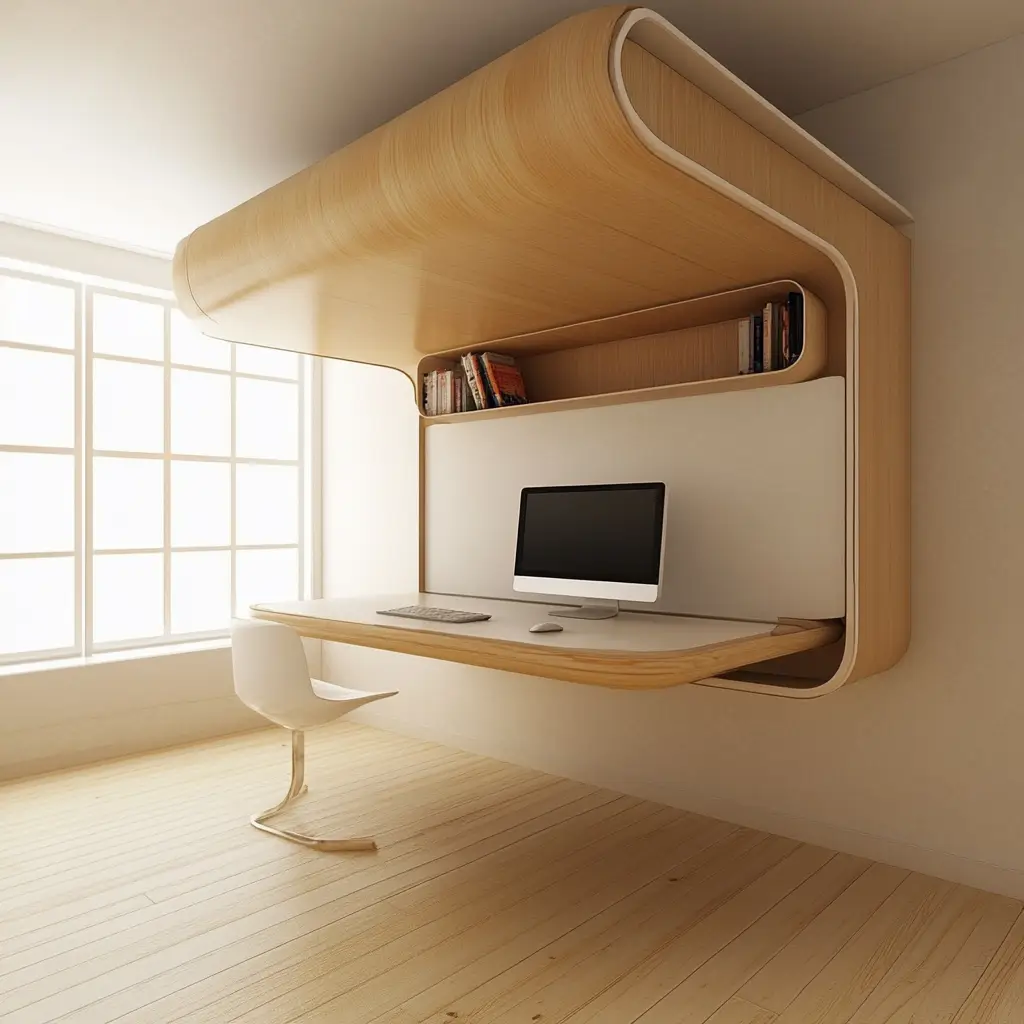
6. Use Rugs to Define Zones
Open-plan or studio layouts can feel chaotic if not clearly divided. Use rugs to anchor specific zones—like placing a rug under the bed, under a desk, or beneath a seating area—to give each space its own identity.
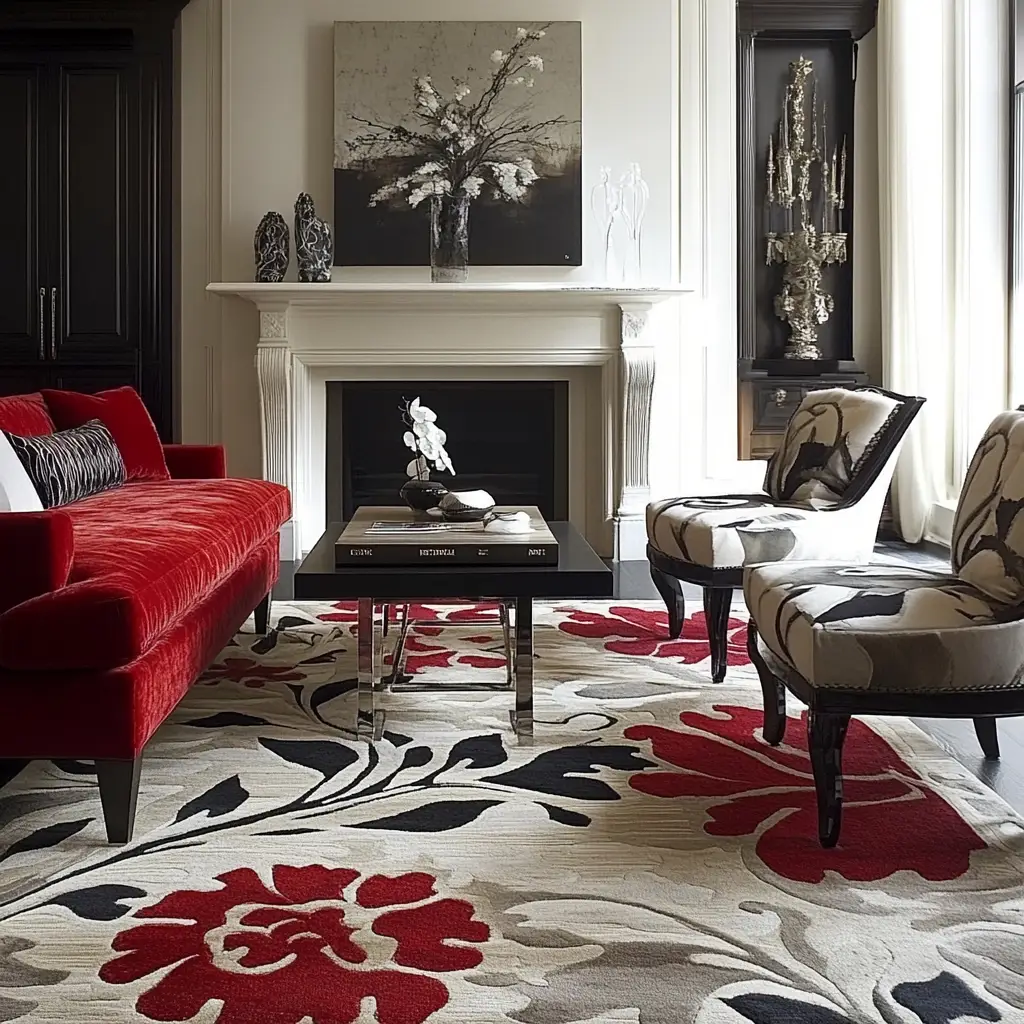
7. Install Pocket or Sliding Doors
Traditional swinging doors can eat into a room’s usable space. Sliding doors, barn doors, or even curtains can serve as stylish space-saving alternatives while still offering privacy.
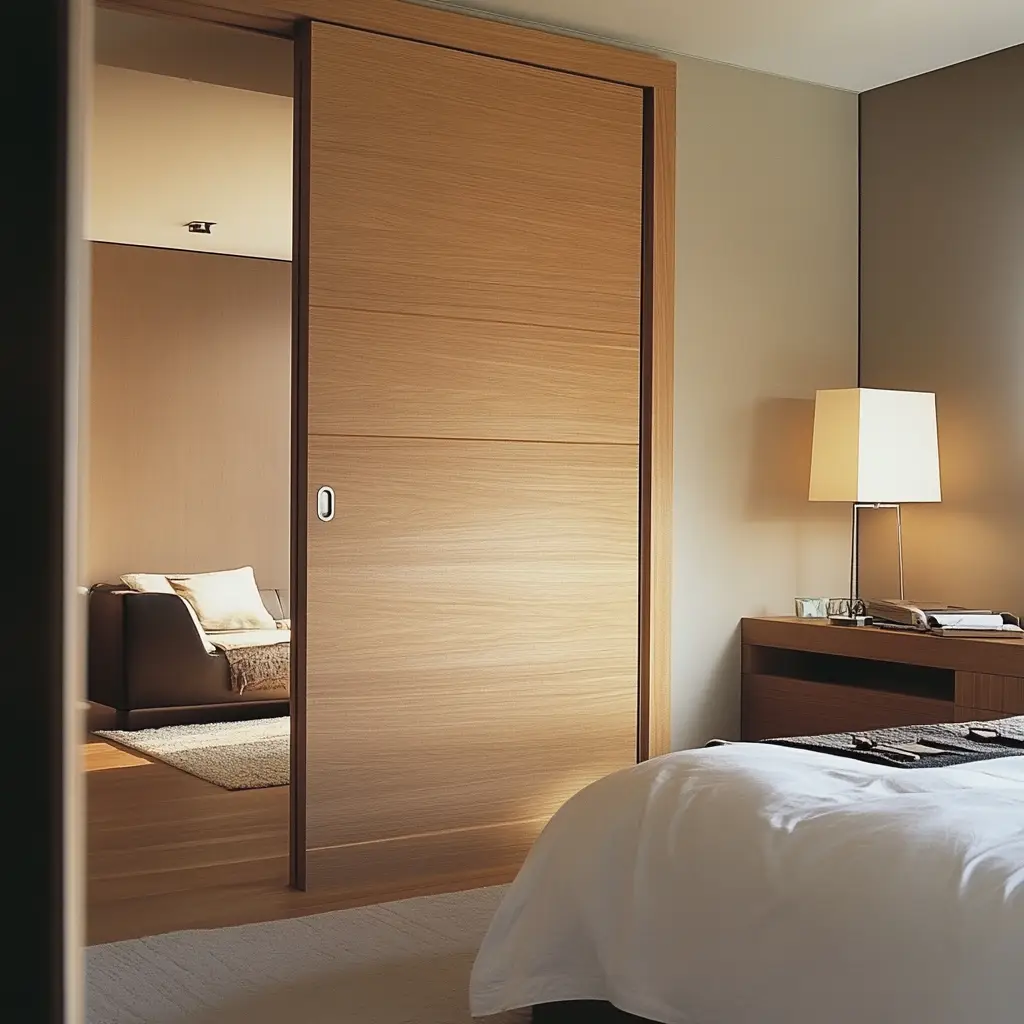
8. Stick to a Cohesive Color Scheme
Keeping your room’s palette simple—like all whites, neutrals, or tones of the same color family—prevents visual clutter. Repeating similar shades throughout the room helps create flow and makes the space feel intentional and calm.
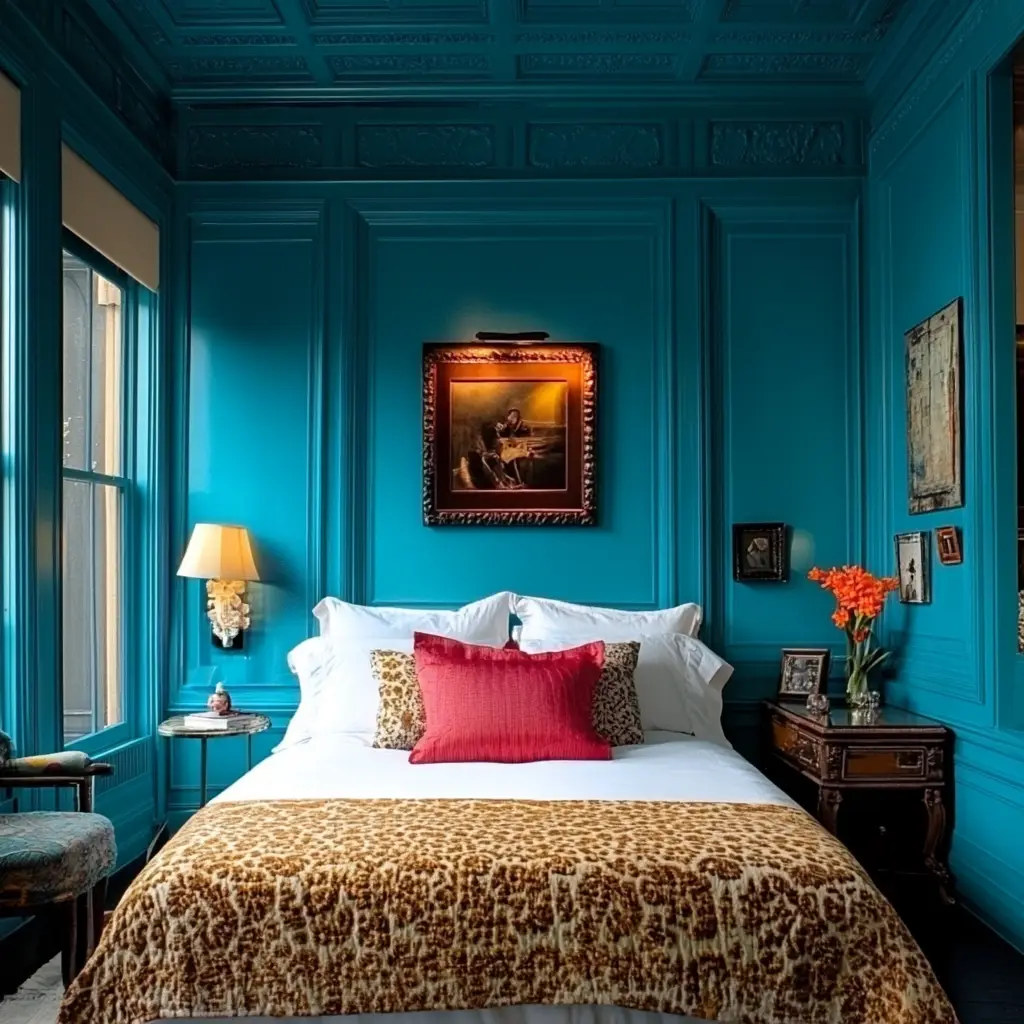
9. Use Foldable or Stackable Furniture
If you need flexibility, foldable chairs, drop-leaf tables, and stackable stools are great solutions. You can store them away when not in use and bring them out only when needed.
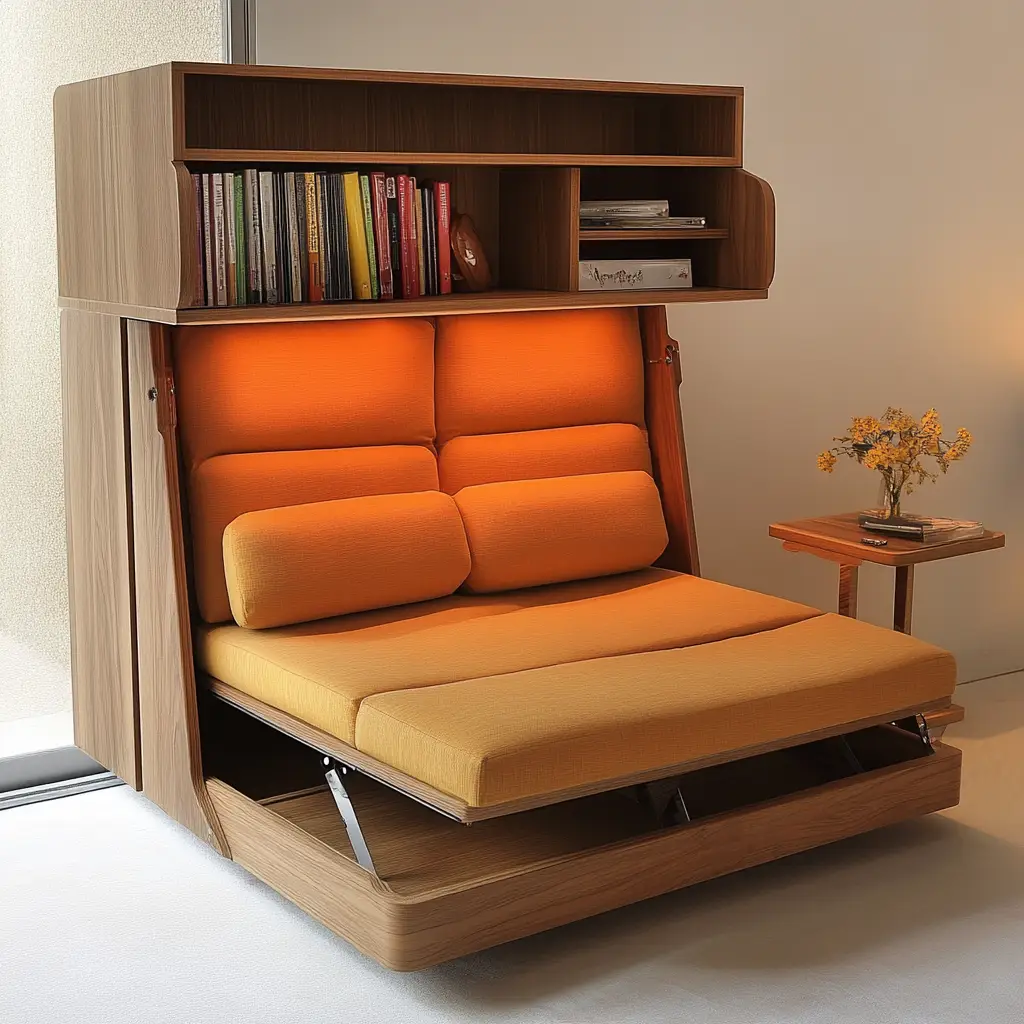
10. Choose Glass or Lucite Pieces
Clear materials like glass or acrylic let light pass through and don’t interrupt the eye’s line of sight, making them excellent for tight spaces. A glass coffee table or Lucite desk keeps the room visually light and elegant.
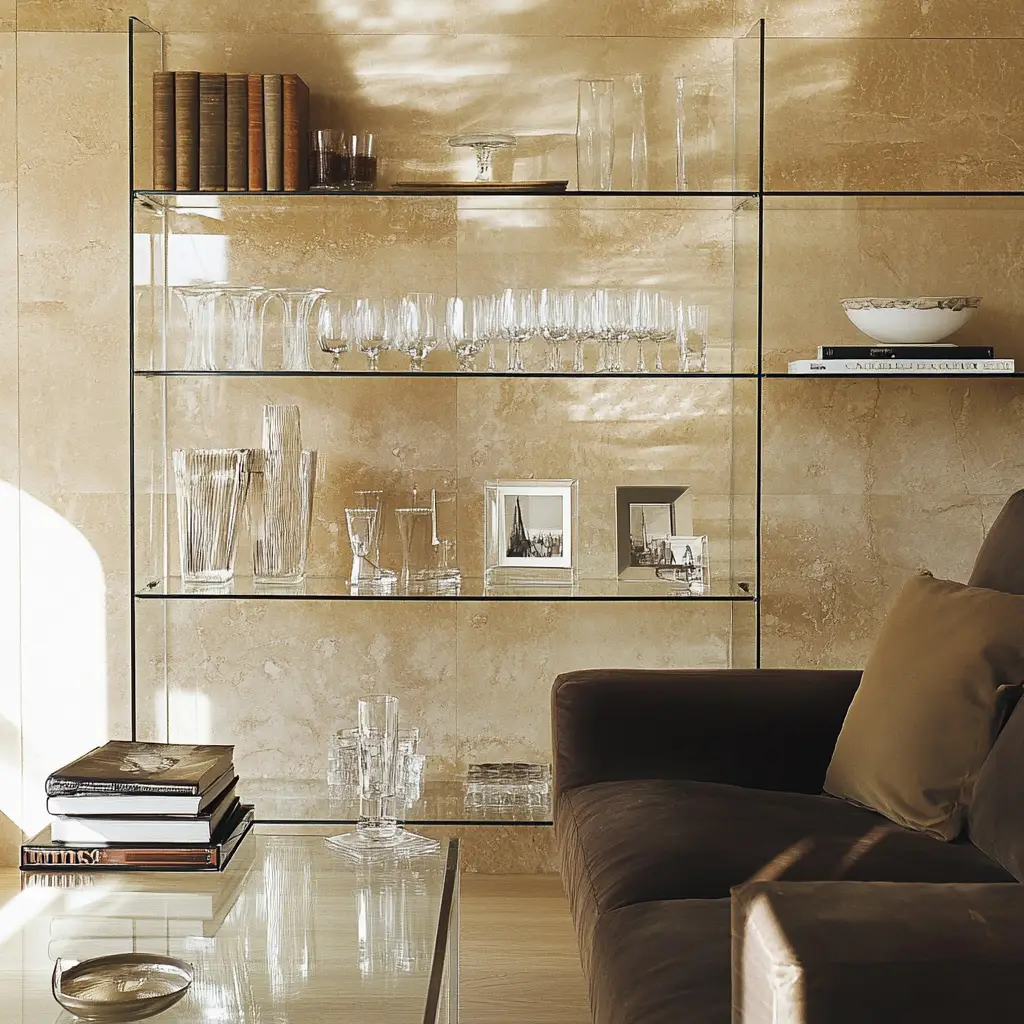
11. Add Wall Hooks for Storage
Instead of cluttering your floor or closet, hang everyday items on decorative wall hooks. They’re ideal for coats, hats, purses, or even jewelry—and add an element of charm to otherwise blank walls.
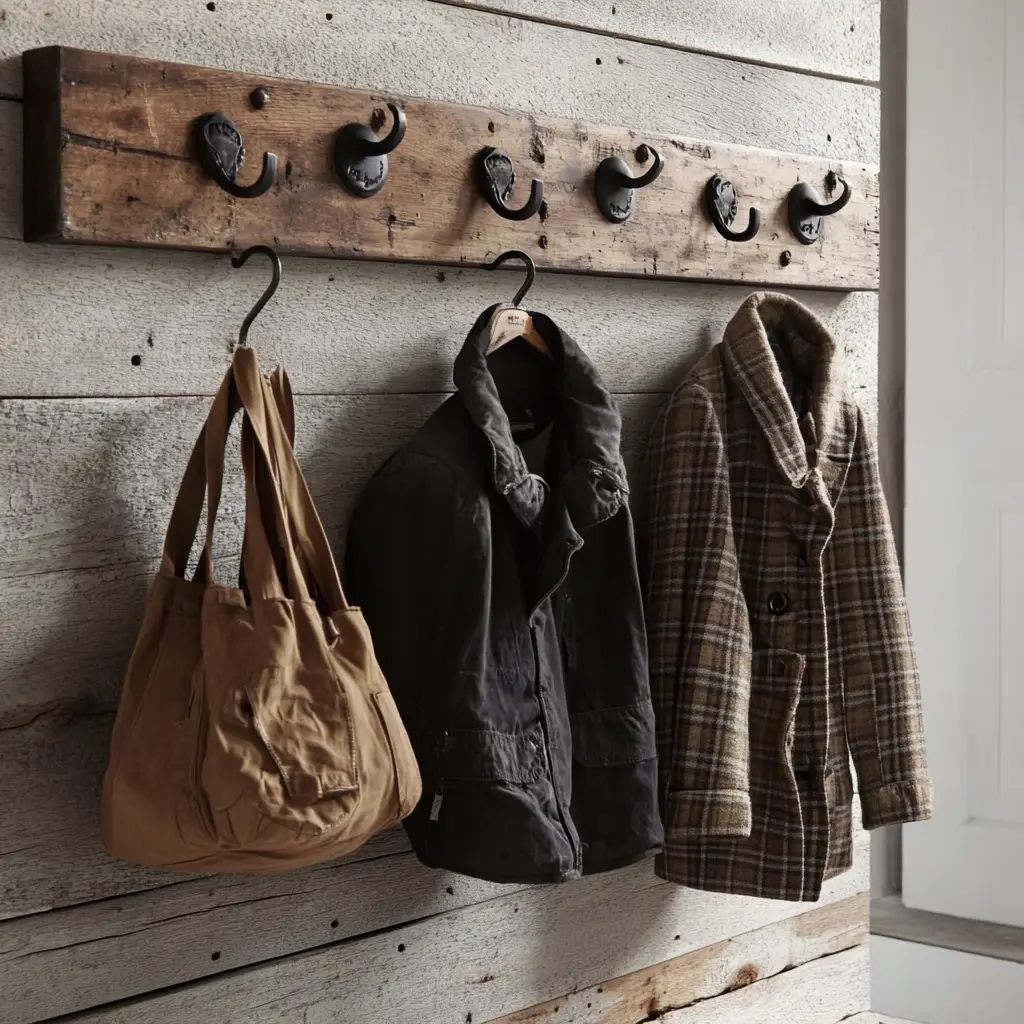
12. Use Furniture with Exposed Legs
Furniture with legs—especially tapered or thin ones—gives the illusion of more space. It allows you to see more of the floor, which makes the room feel larger and more open.

13. Create a Feature Wall
One eye-catching wall in a bold color, wallpaper pattern, or gallery display can draw focus and add personality without taking up physical room. It becomes a focal point that distracts from the small size.
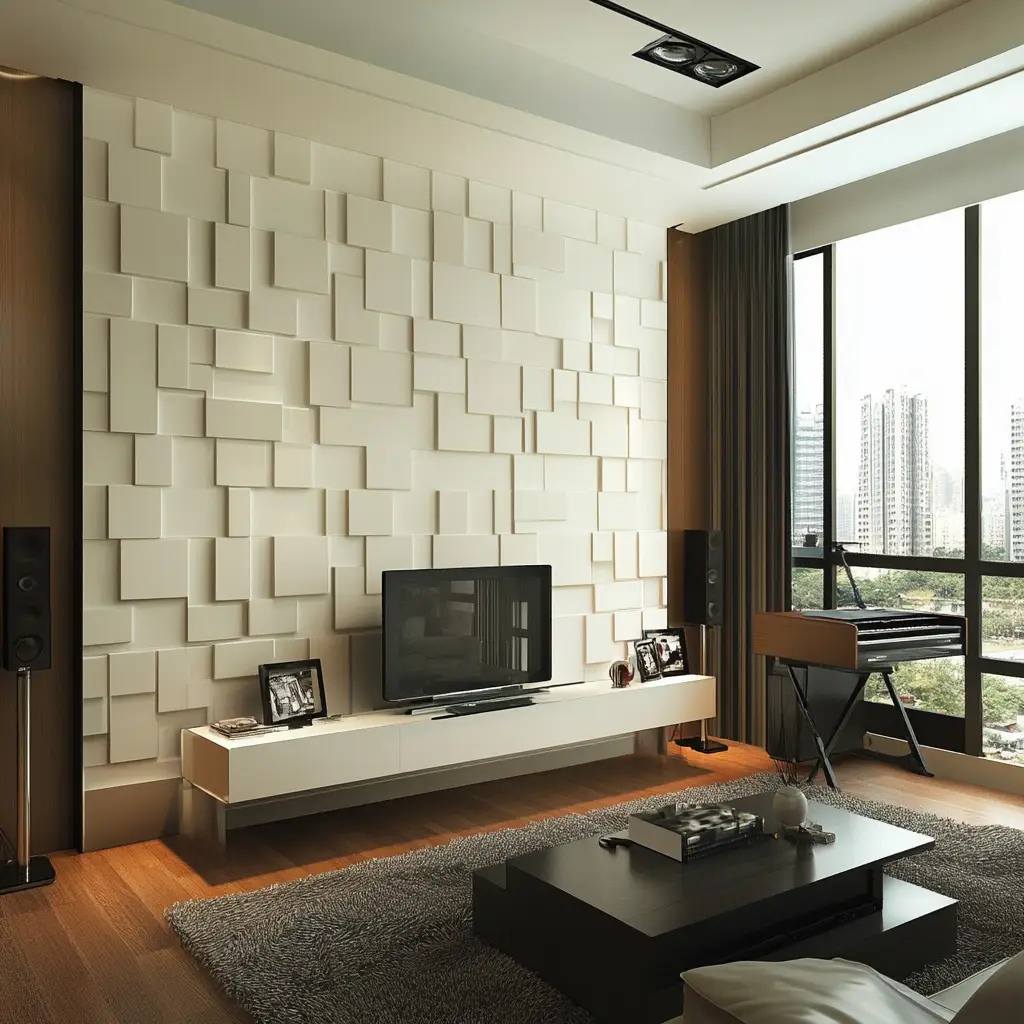
14. Keep Windows Uncluttered
Natural light is your best friend in a small room. Skip heavy curtains and opt for sheer panels, roman shades, or blinds that let light pour in and make the space feel bright and fresh.
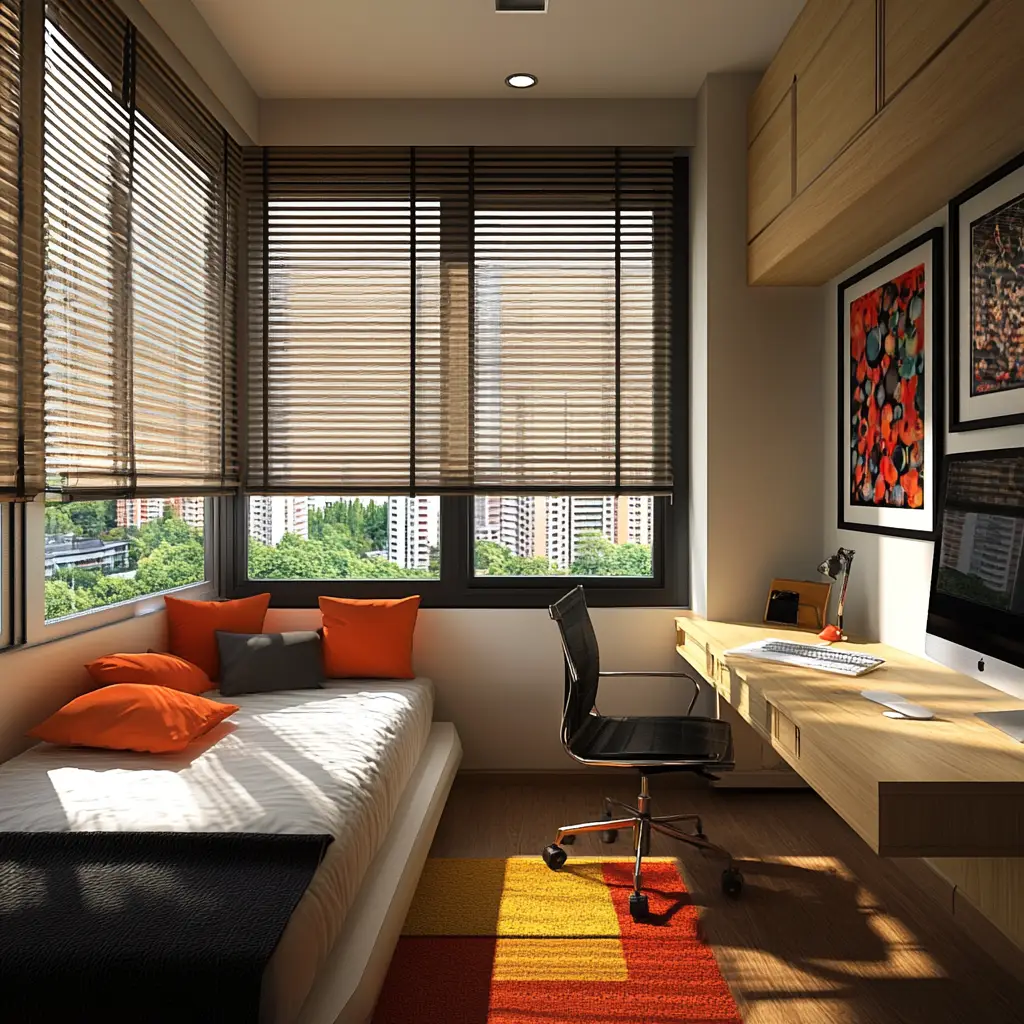
15. Utilize Under-the-Bed Storage
The area beneath your bed is prime real estate for hidden storage. Use low-profile bins or rolling drawers to store off-season clothes, shoes, or extra bedding out of sight but easily accessible.
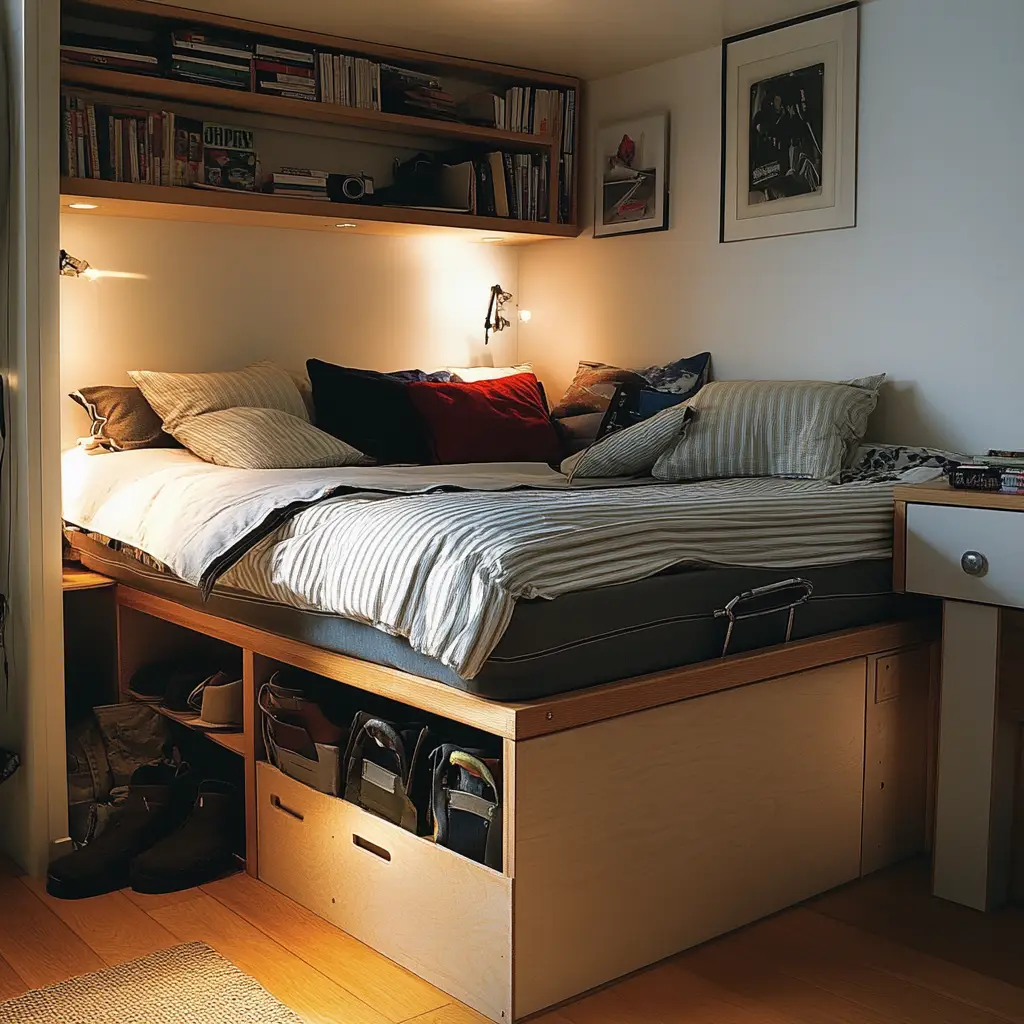
16. Choose Small-Scale Furniture
Avoid oversized sectionals or bulky wardrobes. Instead, look for furniture specifically made for smaller spaces—like apartment-size sofas or compact dressers that don’t overpower the room.
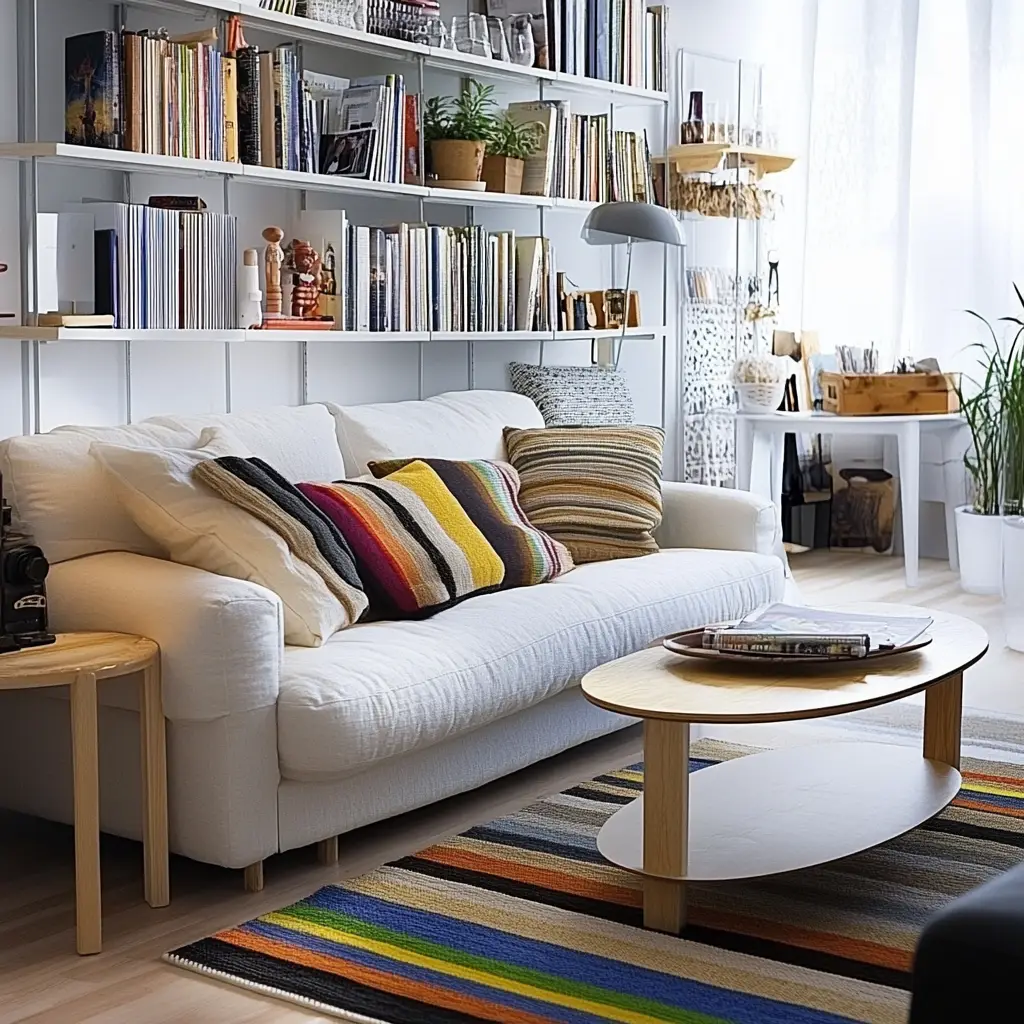
17. Build In Custom Storage
Custom solutions make the most of tricky corners or awkward layouts. Built-in desks, wardrobes, or window seats maximize every inch and often look more seamless and high-end than freestanding furniture.
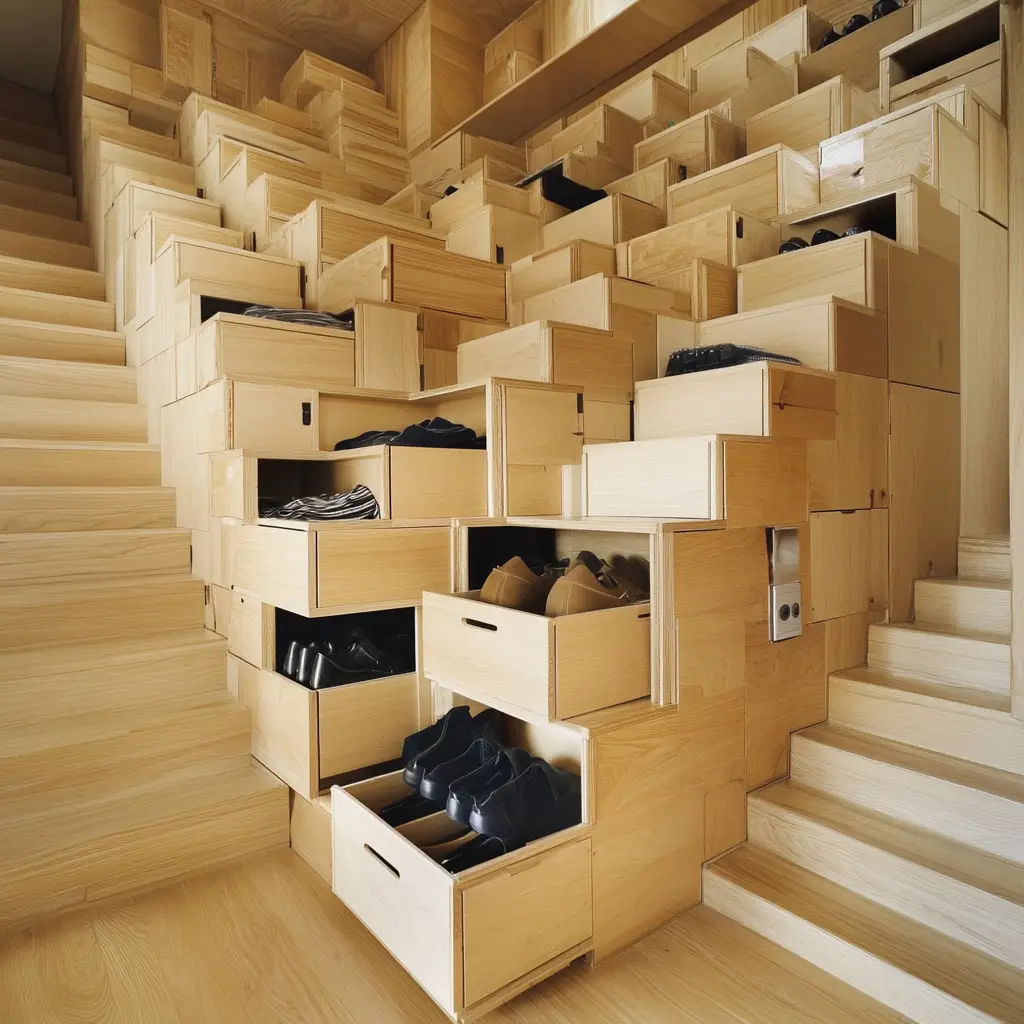
18. Add Vertical Gardens or Hanging Plants
You can still enjoy greenery in a small room. Hang planters from the ceiling or install a living wall. Plants add life and freshness while taking up zero floor space.
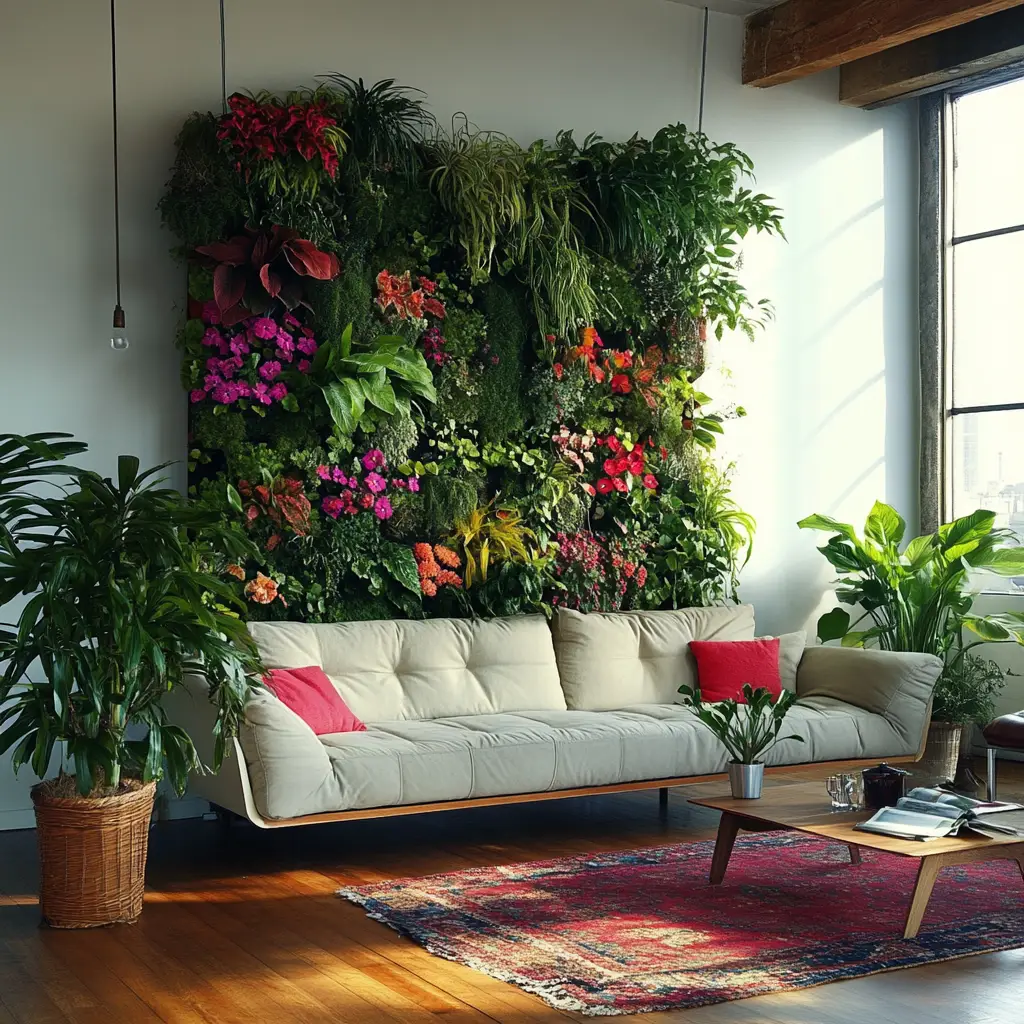
19. Keep Decor Minimal
In small rooms, less is truly more. Choose a few pieces you love—a framed photo, a cozy throw, or one beautiful vase—and let them shine. Over-decorating only makes the space feel tighter.
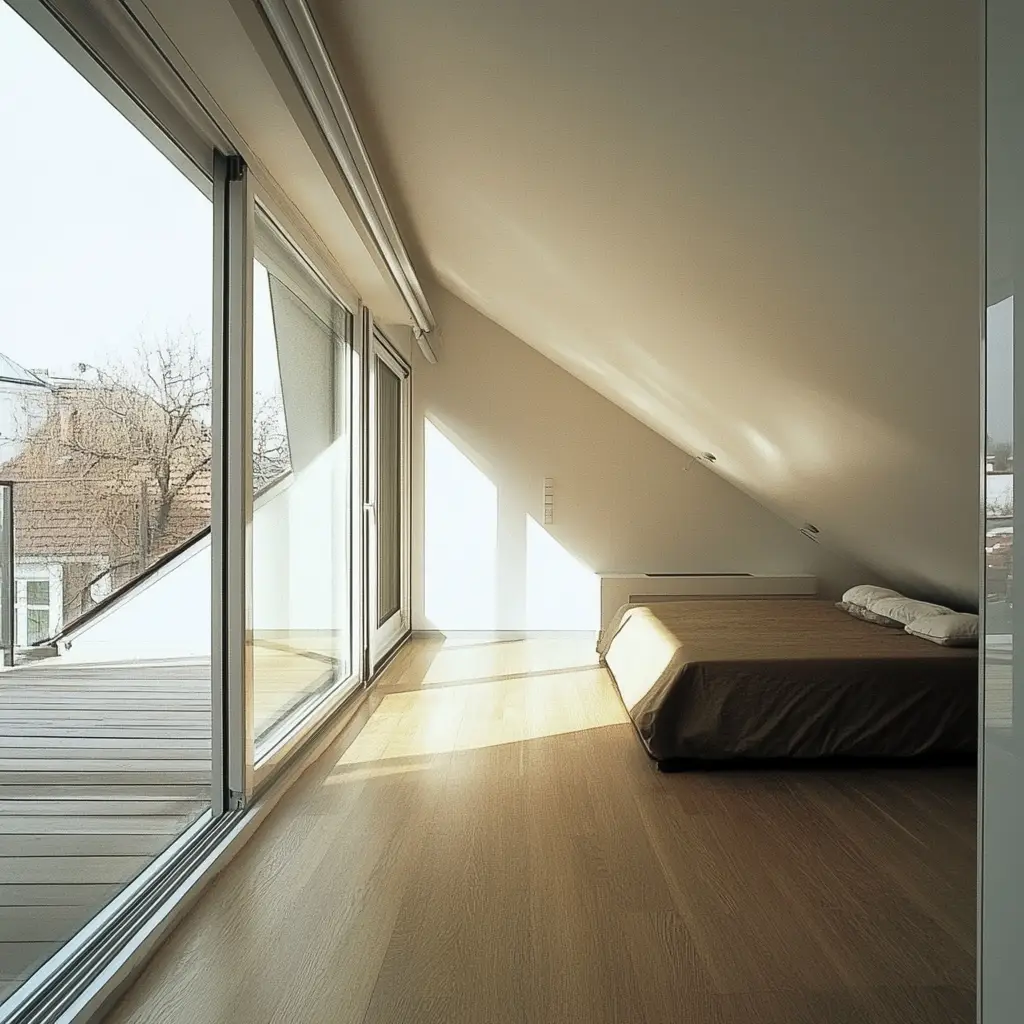
20. Use Nesting Tables
These space-saving tables can be stacked together when not in use and spread out when needed. They’re perfect for entertaining or adding extra surfaces in a pinch.
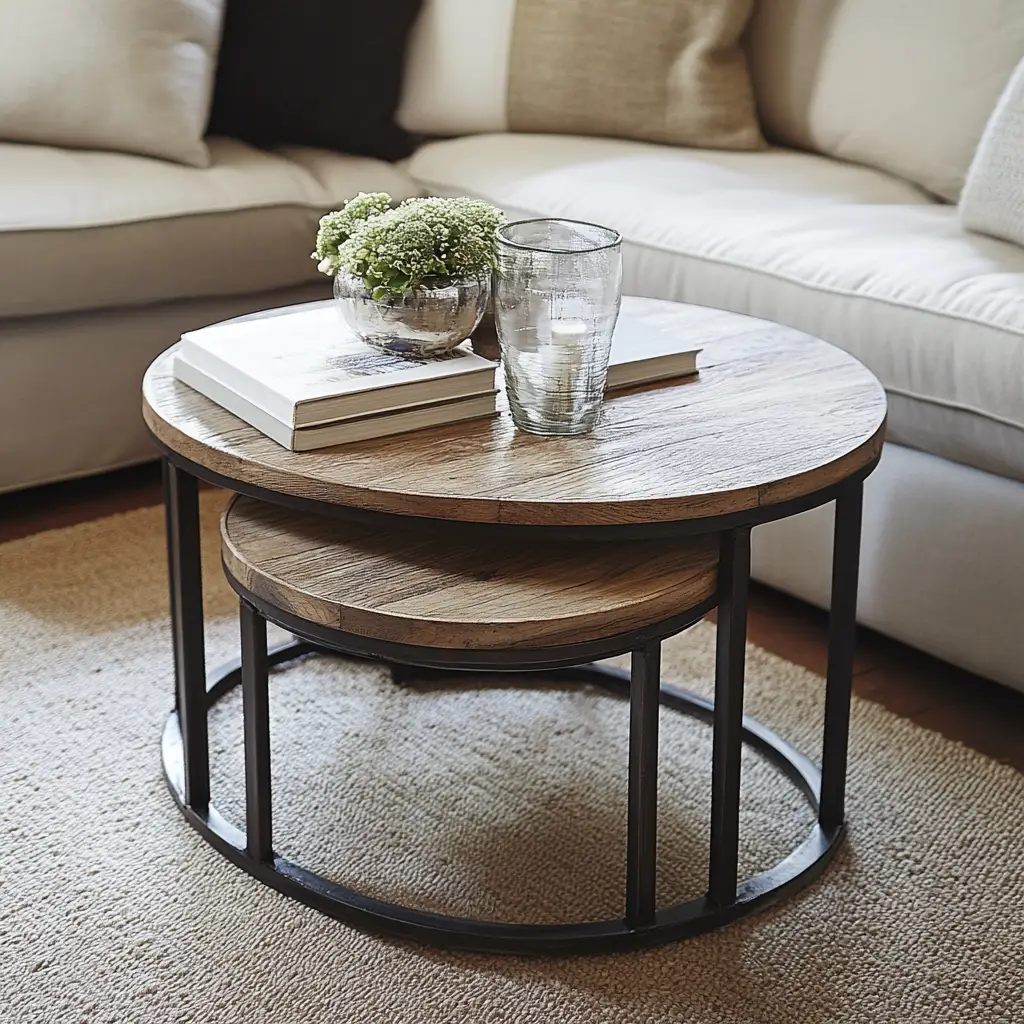
21. Install Wall-Mounted Lighting
Rather than taking up table or floor space with lamps, use wall sconces or clip-on lights. These free up surface area and add a stylish, custom feel.
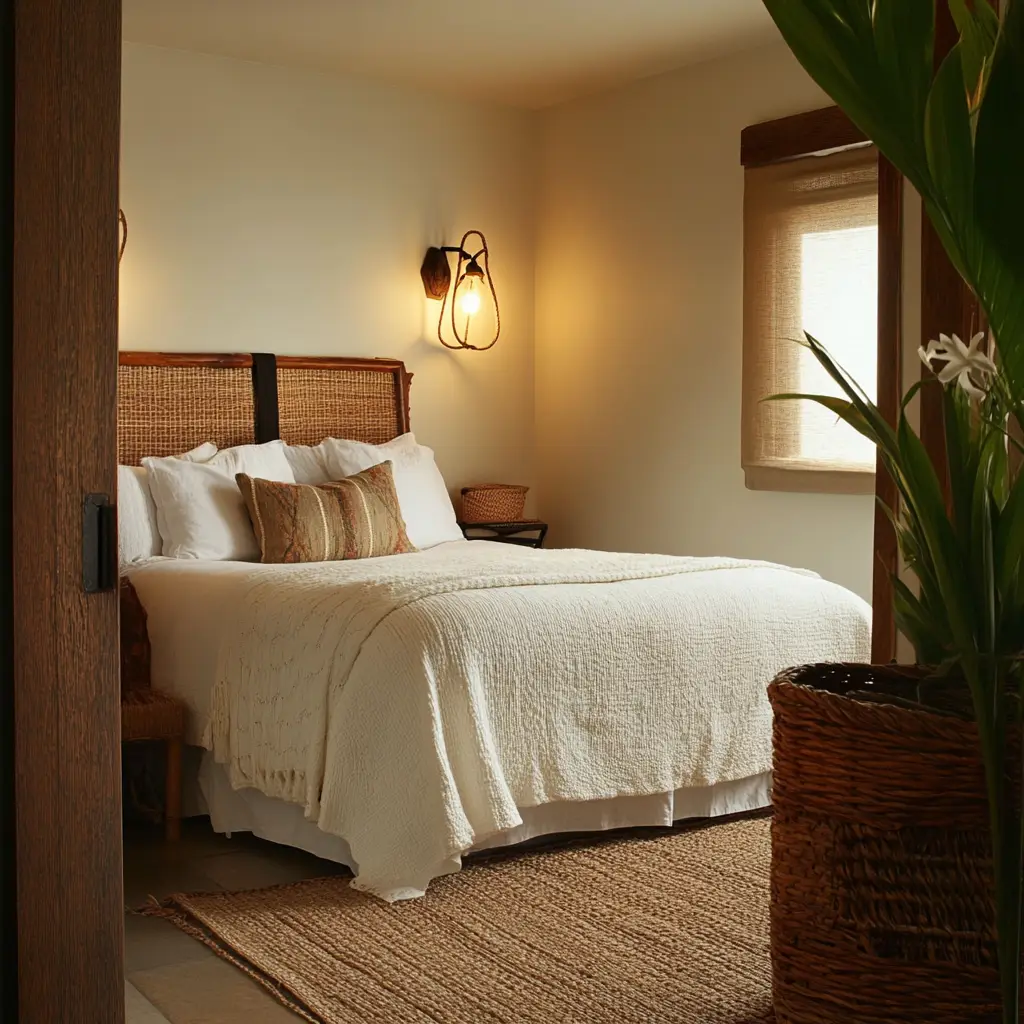
22. Play With Reflective Surfaces
Mirrored decor, glossy finishes, or metallics like gold and chrome help reflect light. These materials bring a sense of luxury and brightness without adding bulk.
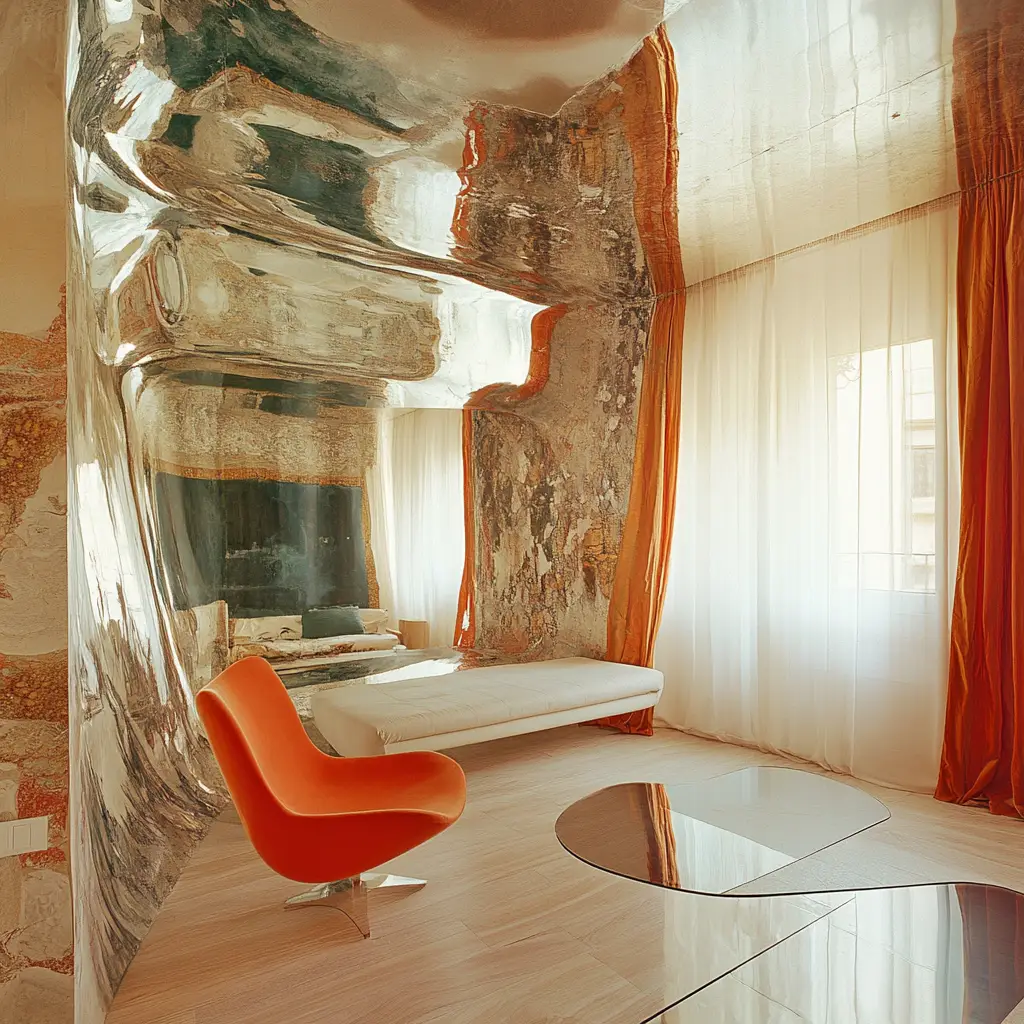
23. Pick Slim Profile Storage
Choose storage units that are tall and shallow rather than short and deep. Ladder shelves, skinny cabinets, and corner units help keep your things organized without taking up too much space.
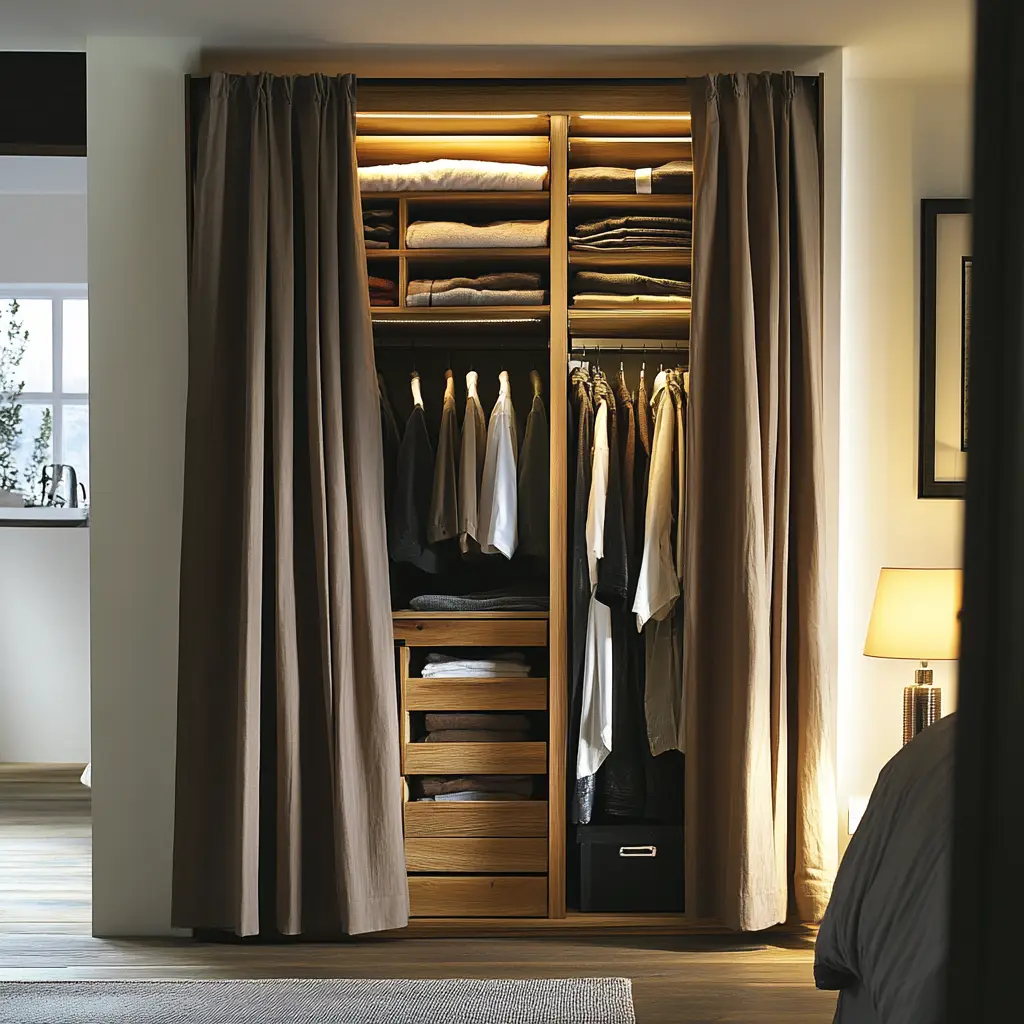
24. Use Clear Zones for Each Function
If your room serves multiple purposes, it helps to define what each area is for. Use a desk rug, lighting, or shelving to visually separate sleeping from working or relaxing from eating.
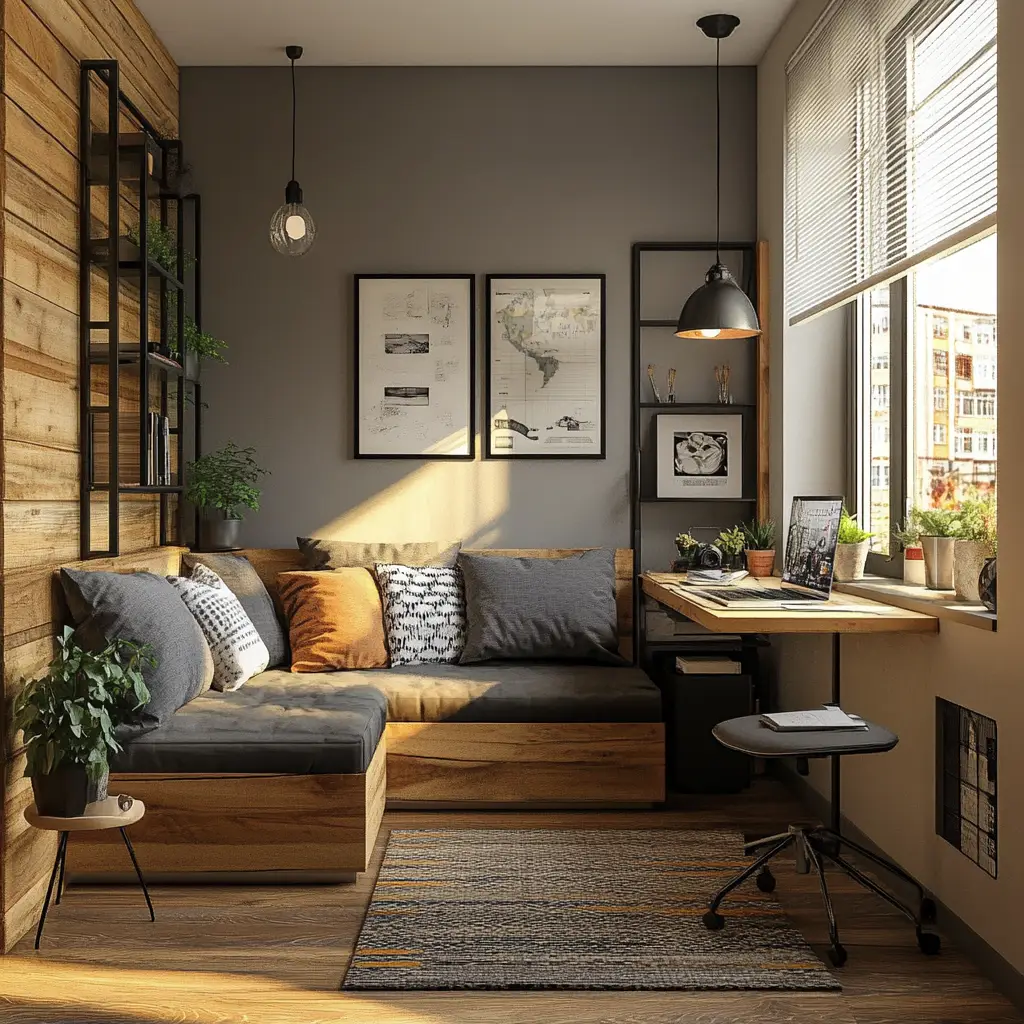
25. Don’t Forget the Ceiling
Painting the ceiling a lighter shade or adding subtle detail can make a room feel taller. You could even use wallpaper, a faux beam, or pendant lighting to draw the eye upward and add interest.
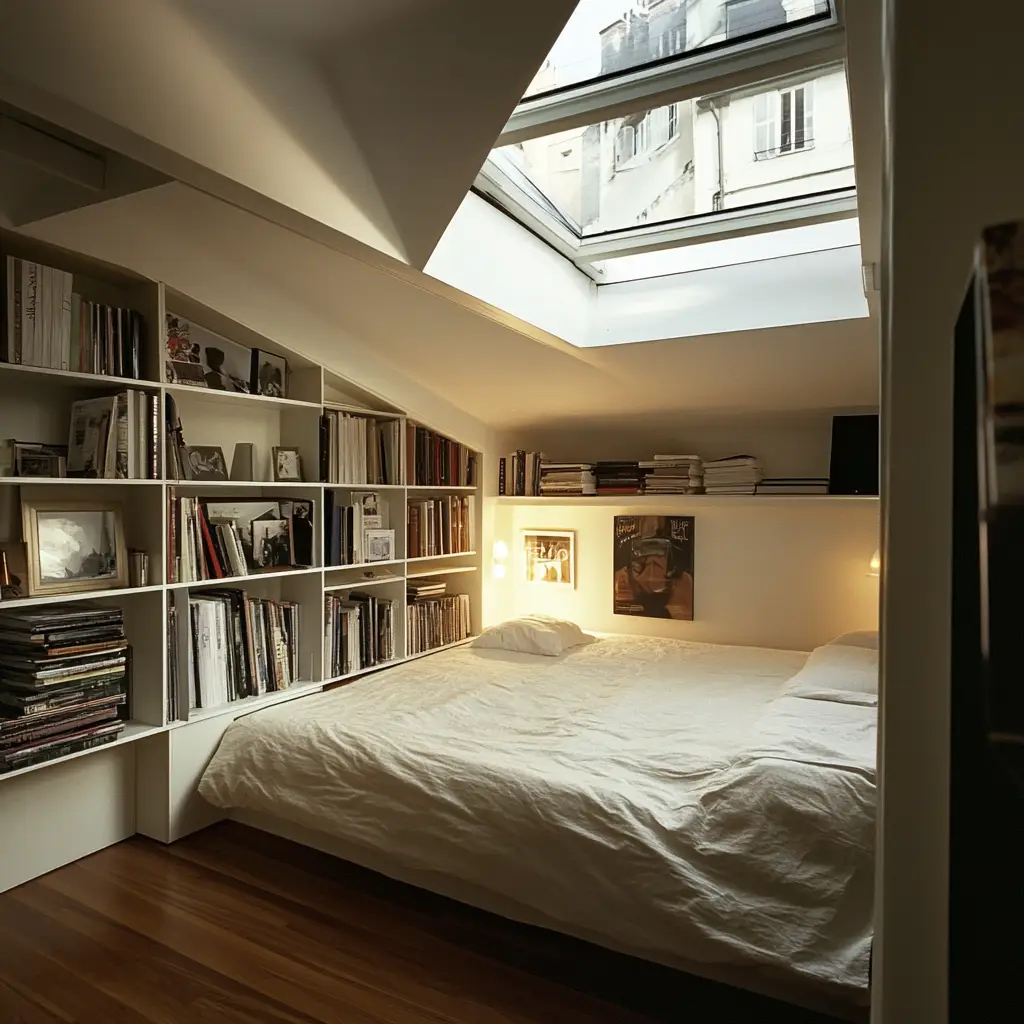
FAQs
How do I make a small room feel cozy and not cramped?
Focus on textures and lighting. Use soft throws, warm lighting, and comfortable furniture to create a cozy vibe, while keeping the room clutter-free and open.
Are dark colors bad for small rooms?
Not necessarily! A deep shade can make a room feel intimate and dramatic, especially when balanced with good lighting and lighter accents.
Can I fit a bed and desk in a small room?
Yes, with careful planning. Use a loft bed with a desk underneath, or choose a compact wall-mounted desk that folds away when not in use.
What’s the best way to declutter a small room?
Go vertical with storage, invest in hidden compartments, and regularly edit what you own. Stick to items that serve a purpose and bring joy.
Should I avoid patterns in small spaces?
No—but use them strategically. One statement wallpaper, patterned rug, or a few bold throw pillows can add depth without overwhelming the room.
Conclusion
Small rooms have big potential when you take a thoughtful approach to layout and design. With smart storage, light-enhancing tricks, and multifunctional furniture, your tiny space can feel open, welcoming, and stylish. Don’t let square footage hold you back—use these ideas to turn your compact room into one of your favorite places in the house.
